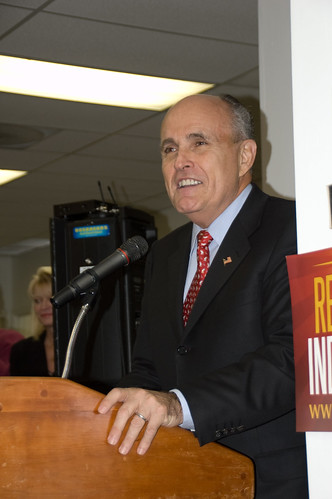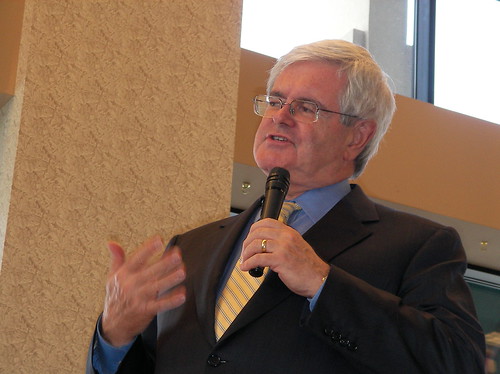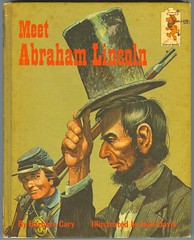I found a great article on the
Muncipal Research and Services Center webpage
about the leadership of mayors. Since our company is targeting mayors, this is a perfect article to highlight.
The mayor is the highest position in the municipal government and the head of the city. They are expected to provide leadership to keep everything moving smoothly to make life better. Effective mayors see themselves not only as leaders but also as teammates with others in the government.
Identify issues and needs:
Before you set goals, you have to come to an agreement on what needs to be done. Narrow down the list to a number of workable problems that needs to be addressed.
Set Goals:
Elected officials must work together to set mutual goals. The staff will then have clear guidelines to have things accomplished and you’ll have a clear way to evaluating the programs and services. Goals will keep your administration on track.

Set priorities:
This is the most important step in goal-setting. Decide what areas need attention right away and which ones can be delayed. A ranking system can help you determine which issues are more important.
Evaluate the results:
Create a process to evaluate how you reach your goals.
There are several areas of leadership roles as a mayor…
Ceremonial role:
Ceremonies are never ending as a mayor. It is expected that a mayor shows up in the public as a leader whether it’s cutting ribbons or breaking ground for new construction.
Intergovernmental relations:
Keep in contact with the federal, state, county, and school officials. Mayors need to reach out to people outside the city who might use the city to do joint-ventures that include other local governments.
Public Relations:
Dealing with the media, public, and staff is all in the circle of public relations. It’s important to put forward a great message to gain support.
Dealing with citizens:
Listening is a really good skill mayors need to use when dealing with the public. Inform the public and encourage participation. Expect complaints, but have a way to deal with them.
Dealing with the media:
A good relationship with the media is one in which you help the media out, and they help you out in return. You can use the media to gain support for governmental issues you need passed.



















